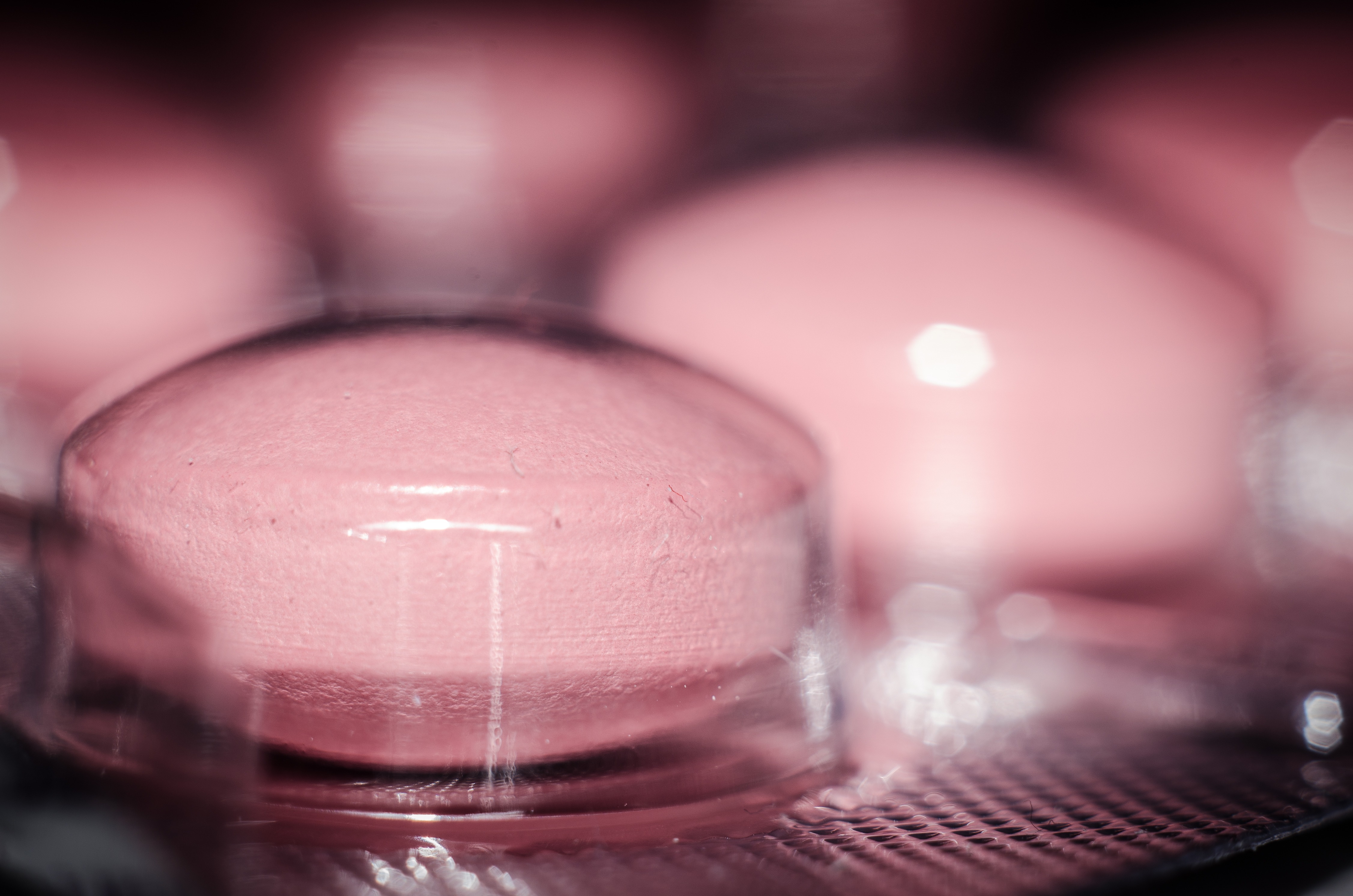
This article is excerpted from CDC’s 2015 STD Treatment Guidelines.
The preferred drug for all stages of syphilis treatment is Penicillin G administered parenterally.
- Preparation, dosage, and length of treatment depend on the stage and clinical manifestations of the disease.
- Selection of the appropriate penicillin preparation is important. T. pallidum can reside in sequestered sites (like the central nervous system and aqueous humor) that are poorly accessed by some forms of penicillin.
- Combinations of benzathine penicillin, procaine penicillin and oral penicillin preparations are not considered appropriate for the treatment of syphilis.
Patients should be informed about the Jarisch-Herxheimer reaction.
- An acute febrile reaction frequently accompanied by headache, myalgia, fever and other symptoms that can occur within the first 24 hours after the initiation of any therapy for syphilis.
- Antipyretics can be used to manage symptoms,but do not prevent the reaction.
- The reaction occurs most frequently among people who have early syphilis.
Treatment recommendations differ for the following populations.
Primary and Secondary Syphilis
For information on clinical diagnostics see the CDC 2015 STD Treatment Guidelines
Recommended Regimen for Adults*
Benzathine penicillin G 2.4 million units IM in a single dose
*Recommendations differ for persons with HIV infection and pregnant persons.
Additional Considerations
- Test people who have primary or secondary syphilis for HIV infection.
- If the HIV test result is negative and the person is considered high-risk (e.g. men who have sex with men (MSM), having a recent sex-partner who is MSM, sex work etc.) re-test for HIV in 3 months.
- If there are signs suggesting neurologic or ophthalmic disease, an additional evaluation is warranted (see the CDC 2015 STD Treatment Guidelines)
Follow-Up
- Clinical and serologic evaluation should be performed at 6 and 12 months after treatment
- Assessing serologic response and treatment success can be difficult. Before interpreting results please review primary and secondary syphilis follow up guidelines
Latent Syphilis
Latent syphilis is defined as syphilis characterized by seroreactivity without other evidence of primary, secondary, or tertiary disease. Read the 2015 CDC guidelines for more information on determining classifications of latent syphilis.
Because latent syphilis is not transmitted sexually, the objective of treating persons in this stage of disease is to prevent complications and transmission from a pregnant woman to her fetus.
All persons with latent syphilis should have careful examination of all accessible mucosal surfaces (i.e., the oral cavity, perianal area, perineum and vagina in women, and underneath the foreskin in uncircumcised men) to evaluate for mucosal lesions.
Early Latent Syphilis
Recommended Regimen for Adults*
- Benzathine penicillin G 2.4 million units IM in a single dose
Available data demonstrate that additional doses of benzathine penicillin G, amoxicillin, or other antibiotics in early latent syphilis do not enhance efficacy, regardless of HIV infection.
*Recommendations differ for persons with HIV infection and pregnant persons.
Late Latent Syphilis
Recommended Regimen for Adults*
- Benzathine penicillin G 7.2 million units total, administered as 3 doses of 2.4 million units IM each at 1-week intervals
*Recommendations differ for persons with HIV infection and pregnant persons.
Additional Considerations
- HIV testing is warranted (same as primary syphilis)
- If neurological symptoms are present, patient should be evaluated for neurosyphilis.
- For suggestions on the course of actions for missed doses, see the CDC treatment guidelines.
Follow-Up
- Quantitative nontreponemal serologic tests should be repeated at 6, 12, and 24 months.
- A CSF examination should be performed if
- a sustained (>2 weeks) fourfold increase or greater in titer is observed
- an initially high titer (≥1:32) fails to decline at least fourfold within 12–24 months of therapy
- Or signs or symptoms attributable to syphilis develop. In such circumstances, patients with CSF abnormalities should be treated for neurosyphilis. If the CSF examination is negative, retreatment for latent syphilis should be administered. (see the CDC guidelines for more information)
Tertiary Syphilis
Tertiary syphilis refers to gummas and cardiovascular syphilis but not to neurosyphilis.
Persons who are not allergic to penicillin and have no evidence of neurosyphilis should be treated with the following regimen.
Recommended Regimen*
Tertiary Syphilis with Normal CSF Examination
- Benzathine penicillin G 7.2 million units total, administered as 3 doses of 2.4 million units IM each at 1-week interval
*Recommendations differ for persons allergic to penicillin or who have evidence of neurosyphilis.
Additional Considerations
- All persons with tertiary syphilis should be tested for HIV and receive a CSF exam before therapy is started.
- If CSF abnormalities are present, persons should be treated with a neruosyphilis regimen
Neurosyphilis
- CNS involvement can occur during any stage of syphilis.
- CSF laboratory abnormalities are common in persons with early syphilis, even when there are no clinical neurologic findings.
- A CSF examination should be performed when:
- Clinical neurological involvement is observed
- In all instances of ocular syphilis, even in the absence of clinical neurologic findings. (Ocular syphilis should be managed in collaboration with an opthamologist, see CDC guidelines for more information)
Recommended Regimen*
Neurosyphilis and Ocular Syphilis
- Aqueous crystalline penicillin G 18-24 million units per day, administered as 3-4 million units IV every 4 hours or continuous infusion, for 10-14 days
*Alternative regimen are available. See CDC guidelines.
Additional Considerations
- All persons with neurosyphilis should be tested for HIV
- Although systemic steroids are used frequently as adjunctive therapy for otologic syphilis, such drugs have not been proven to be beneficial.
Follow-Up
- If CSF pleocytosis was initially present, a CSF exam should be repeated every 6 months until cell count is normal
- Leukocyte count is a sensitive measure of the effectiveness of therapy. If the count has not decreased after 6 months, or the CSF cell count or protein is not normal after 2 years, re-treatment should be considered.
- See CDC guidelines for more information and information for treatment of special populations.
